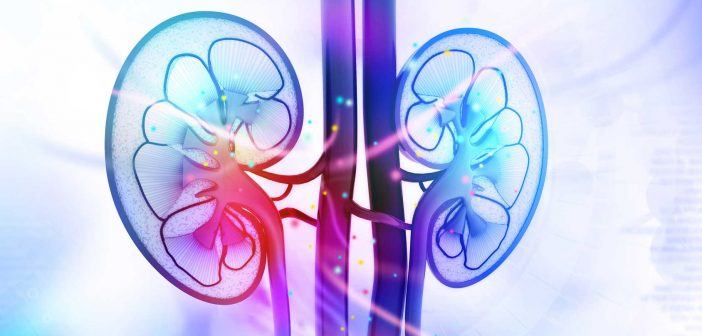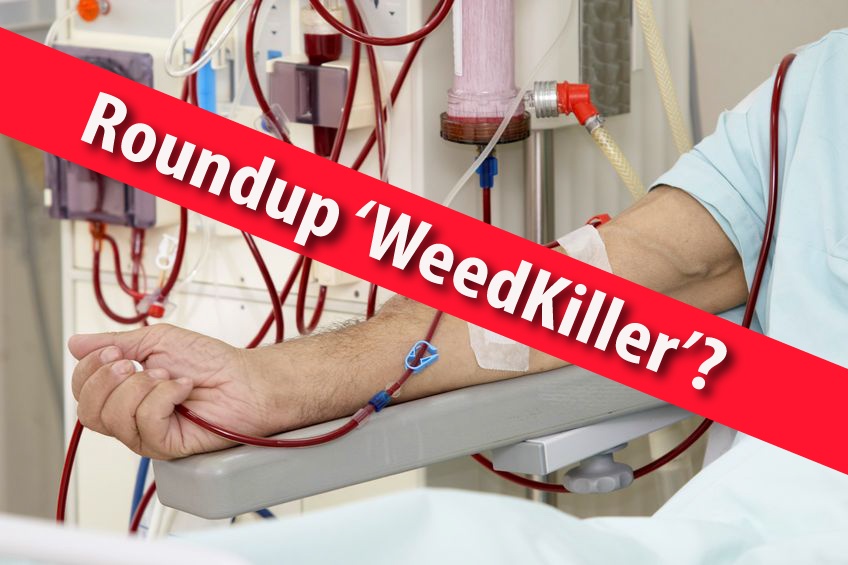Study: Habitual Coffee Consumption Reduces Risk of Progressive Kidney Disease
Coffee, one of the most often consumed beverages worldwide, contains a wide variety of compounds, including caffeine, diterpenes, and chlorogenic acid, which fully develop after the bean roasting process and are reported to have an assortment of health benefits. Habitual coffee consumption is associated with the prevention of chronic and degenerative diseases, including type 2 diabetes, cardiovascular disease, and liver disease. ARIC, a large population study of 14,207 participants aged 45 to 64 years, revealed that higher self-reported daily coffee consumption was associated with a lower risk of incident chronic kidney disease after adjustments were made for demographic, clinical, and dietary factors. Thus, habitual coffee consumption has a strong potential for reducing the risk of progressive kidney disease.







